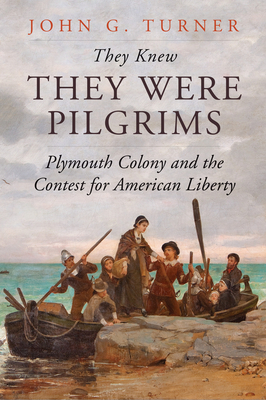Expedite your nonfiction book discovery process with Readara interviews, summaries and recommendations, Broaden your knowledge and gain insights from leading experts and scholars
In-depth, hour-long interviews with notable nonfiction authors, Gain new perspectives and ideas from the writer’s expertise and research, Valuable resource for readers and researchers
Optimize your book discovery process, Four-to eight-page summaries prepared by subject matter experts, Quickly review the book’s central messages and range of content
Books are handpicked covering a wide range of important categories and topics, Selected authors are subject experts, field professionals, or distinguished academics
Our editorial team includes books offering insights, unique views and researched-narratives in categories, Trade shows and book fairs, Book signings and in person author talks,Webinars and online events
Connect with editors and designers,Discover PR & marketing services providers, Source printers and related service providers

They Knew They Were Pilgrims: Plymouth Colony and the Contest for American Liberty
History > United States - Colonial Period (1600-1775)
- Yale University Press
- Hardcover
- 9780300225501
- 9.3 X 6.5 X 1.5 inches
- 1.8 pounds
- History > United States - Colonial Period (1600-1775)
- (Single Author) Asian American
- English
Readara.com
Book Description
Informative, accessible, and compelling. . . . A welcome invitation to rediscover the Mayflower voyage and the founding of Plymouth Colony.--Daniel M. Gullotta, Christianity Today
[An] excellent new history. . . . [Turner] asserts that the Pilgrims matter for more than their legend, and he deftly uses the history of Plymouth to explore ideas of liberty in the American colonies.--Nathanael Blake, National Review
In 1620, separatists from the Church of England set sail across the Atlantic aboard the Mayflower. Understanding themselves as spiritual pilgrims, they left to preserve their liberty to worship God in accordance with their understanding of the Bible.
There exists, however, an alternative, more dispiriting version of their story. In it, the Pilgrims are religious zealots who persecuted dissenters and decimated Native peoples through warfare and by stealing their land. The Pilgrims' definition of liberty was, in practice, very narrow.
Drawing on original research using underutilized sources, John G. Turner moves beyond these familiar narratives in his sweeping and authoritative new history of Plymouth Colony. Instead of depicting the Pilgrims as otherworldly saints or extraordinary sinners, he tells how a variety of English settlers and Native peoples engaged in a contest for the meaning of American liberty.
Author Bio
I teach and write about the the place of religion in American history. I came to George Mason University in 2012, having earned a Ph.D. in American History from the University of Notre Dame and a Masters of Divinity from Louisville Presbyterian Theological Seminary. Previously, I taught at the University of South Alabama.
My teaching and scholarship center on the history of religion in the United States, especially Mormonism, evangelicalism, and seventeenth-century puritanism. I love spending time in archives, resurrecting the lives of women and men who made cultures that are very different from our own, and I love spending time in the classroom, exploring those lives and cultures with students from all sorts of backgrounds.
George Mason University is an ideal setting for the academic study of religion. Our campus has the diversity to which many institutions aspire, meaning that students bring many different perspectives to the classroom. Regardless of your own background and beliefs, Religious Studies offers a setting in which you can explore beliefs and practices that have shaped human history and continue to shape contemporary cultures.
If you want to know more about me, visit johngturner.com
Source: George Mason University
Videos






Community reviews
No Community reviews

